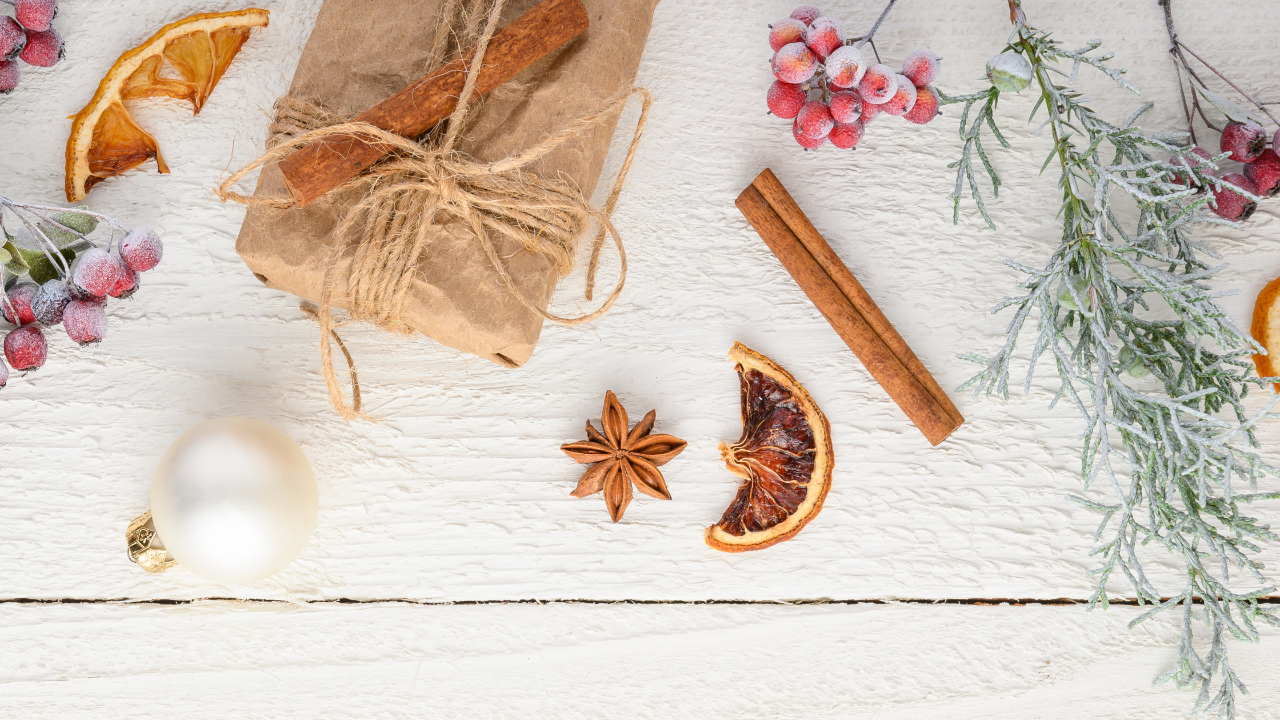
How to savor the holiday season to better manage stress
Simple mindfulness tips can help find joy in the holiday season
While the holiday season can be filled with joy, it can also be hectic and stressful. According to the results of a 2023 poll by the American Psychological Association, nearly nine in 10 (89%) Americans report concerns such as not having enough money, missing loved ones and anticipating family conflict cause them increased stress during this time of year.
Humans are predisposed to negativity bias and are wired to focus more on negative experiences while overlooking positive ones. While this is a helpful mechanism when it comes to matters of survival, it means that people often miss the benefits of positive experiences.
Find joy through savoring
Savoring means paying attention to, appreciating and enhancing positive experiences. It is a process in which people become intentionally aware of positive experiences and engage in thoughts and behaviors that help create and amplify the associated positive emotions.
Research shows that savoring the good moments, big and small, can increase happiness in the moment, as well as long-term happiness.
Meriden McGraw, MS, MPH Director of workplace mindfulness, Osher Center for Integrative Health
"Research shows that savoring the good moments, big and small, can increase happiness in the moment, as well as long-term happiness. Savoring increases positive emotions, deepens gratitude, facilitates mindfulness, enhances engagement and provides greater meaning in our lives," said Meriden McGraw, MS, MPH, director of workplace mindfulness at the Osher Center for Integrative Health at the University of Cincinnati.
How to practice savoring this holiday season
Savoring practices can be done with past memories, present experiences or future events. To begin to practice savoring, bring attention to positive thoughts, positive emotions or something positive in the environment.

Photo/Annie Ryan Photography
- Pay attention, even to mundane things done regularly and that are typically done on autopilot.
- Really pay attention to the moment and the good parts of the experience — the good smells, sounds, tactile sensations and emotions.
- Jot down what is noticed about a savored positive event. There’s no need to write a detailed description or to become overly concrete or literal.
- Find ways to remind oneself daily to savor the moment. Set a reminder, leave sticky notes, set designated times to practice as a team, etc.
- Try this Holiday Senses Meditation with Meriden McGraw, MS, MPH — a guided meditation using the senses, helping to return to and savor the present moment.
Make mindfulness a habit in the new year
The first aspect of savoring is bringing a person's attention into the present moment, so as not to miss the good moments, big and small. This practice is mindfulness. Learn how to make mindfulness a habit by joining the Osher Center for its installment of the free 2025 Lifestyle Medicine & Wellness Series: How & Why to Start a Mindfulness Practice with Meriden McGraw, MS, MPH, on Thursday, Jan. 9, 2025, from 7-8 p.m. via Zoom.
The benefits of a regular mindfulness practice may include decreased stress and anxiety, increased focus and concentration, and improved sleep, communication, relationships and physical well-being. Practicing mindfulness can build new neural pathways in the brain that increase attention skills, affecting the prefrontal cortex, the seat of attention responsible for executive function and working memory.

Sian Cotton, PhD, director of the Osher Center for Integrative Health, said, "Mindfulness is a powerful tool that can be used to down-regulate the nervous system and help us cope with stress in a healthier manner. People who practice mindfulness have less anxiety and depression and an overall better quality of life."
These benefits can come from brief practices integrated into a person's day, but habitual practice is key for sustaining improvements.
Register: Practical Tools for Starting a Mindfulness Practice
Practical Tools for Starting a Mindfulness Practice is a five-week, virtual series led by Meriden McGraw, MS, MPH, that will help people understand how to incorporate mindfulness practices to become a consistent habit in a way that is right for them. The series will run Jan. 14 through Feb. 11, 2025, with virtual meetings on Tuesdays from 7-8 p.m., as well as daily emails with resources and guided audio practices. UC faculty and staff can receive 20% off by registering with the code OSHER20.
Featured image at top: Holiday items including a gift, ornament, oranges and cranberries. Photo/Getty Images.
Related Stories
Local 12: Music creation's impact on the brain after cancer
August 4, 2021
UC researchers launched a new study looking treating a common brain problem that results after therapy for cancer.
Forbes: Could music be a game-changer for digital health?
August 27, 2021
UC research examining a music app to help breast cancer survivors is mentioned by Forbes.
Victoria Morgan encourages Cincinnatians to stay healthy and active as they age
November 29, 2022
You may know Victoria Morgan as the recently retired Artistic Director of the Cincinnati Ballet, but now she has a new goal: helping Cincinnatians stay healthy and active as they age. The Osher Center for Integrative Health at the University of Cincinnati hosted a Movement as Medicine Event on November 3, 2022 at the UC Gardner Neuroscience Institute featuring Victoria’s VM workout.
